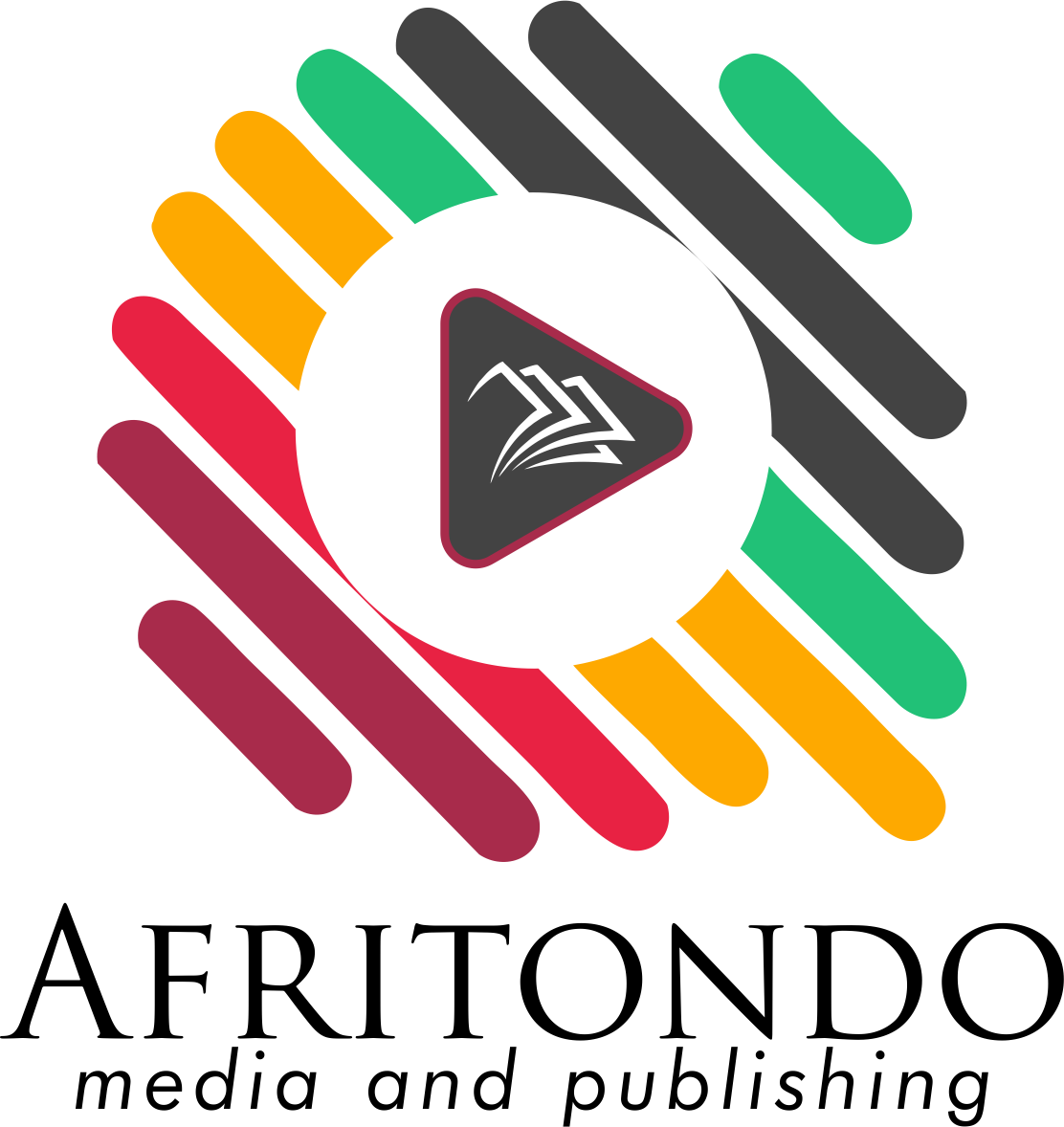COVID- 19: Of selfish politicians and greedy traders in Ghana
Photo: Tahiru Lukman
The Coronavirus pandemic has claimed thousands of lives across the world. The virus has since found its way to Africa with South Africa, Ghana, Morocco, Egypt, Burkina Faso, and Rwanda among high-risk countries with over a hundred cases recorded. The pandemic has shocked the world and impacted greatly on the global economy.
Some trends of this global pandemic—African countries such as Somalia sending medical doctors to Italy—might be indicative of a new world order and show the devastating impacts of COVID-19 on so-called bigger blocs of the world.
Although Ghana has recorded 287 COVID-19 cases with 5 deaths, political commitment is quite encouraging. However, much is still left to be desired. The limited availability of ventilators is a worrying concern. Even though most of the patients are reportedly not in critical condition, the availability of 67 ventilators for a country with a population of 30 million is woefully inadequate. As a measure of preparedness, Ghana needs to be more proactive in getting the country ready to combat the pandemic in terms of logistical support and protecting ordinary citizens from market exploitation.
Although the establishment of the COVID-19 funds is a welcome initiative, issues of transparency and ill attitudes of our politicians when it comes to expenditure and spending is worrying. Recently, the government reached a decision to borrow from the World Bank and International Monetary Fund (IMF) to fight the pandemic. Granted that financial resources are needed to fight the pandemic in terms of setting up structures for isolation, quarantine, surveillance, case management, screening, testing, and monitoring, external borrowing may not be in Ghana’s best interest. Rather, individual donations and a redirection of the budgetary allocations of the Ghana National Identification Authority and Electoral Commission may have been sufficient in fighting the pandemic whilst still maintaining economic stability. Ghana is already in debt distress and accumulating more debt could further plunge the country into economic crisis.
Should it be the case that the Ghanaian government must seek external loans to fight the virus, it must put in place necessary instruments and checks to ensure public transparency and accountability. This is necessary to ensure proper appropriation and utilisation of such funds, and to forestall yet another corruption scandal in the aftermath of COVID-19. There is also a need for the government to design national comprehensive plans and co-ordinate efficient decentralised local plans at the regional and MMDA levels to ensure that these resources reach rural areas and populations. We would want to avoid a situation, as has often happened in the past, where funds are borrowed only to be spent on Accra and Kumasi while other regions of the country are neglected. The government must note that some parts of the country, for instance the north, are also particularly vulnerable to the virus as a result of the mass exodus occasioned by the partial lockdown imposed on parts of greater Accra and Kumasi.
Even though many have lost faith in our politicians, there are still strong hopes that these loans— as well as other individual and corporate donations—will be efficiently utilised and enable the government to scale up preparedness against COVID- 19.
Another group whose services remain very critical in these trying moment for our country are businesses, especially market men and women. What should have been an opportunity to show compassion and strong bond of nation-building, was turned to an avenue for making huge profits at the expense of indigent Ghanaians. Although the ‘theory of consumer behaviour’ best explains this scenario, the price hack and sale of expired hand sanitizers and other lotions as sanitizers at this critical period is not only an appalling demonstration of greed but also evidence of a morality deficiency. Sadly, this approach by traders shows that economic gains, rather than general well-being, is their sole priority. It is indeed a fact that business is for profit maximisation. However, in a situation such as this, market men and women should have a sense of patriotism and appreciate the fact that we must support each other rather than exploit people. The coronavirus pandemic is sad evidence that greed and selfishness are not exclusive traits of politicians and public servants but, rather, permeate the society and informal sector at large.
I entreat the government of Ghana to draw lessons from the Rwandan government’s crackdown on businesses that inflated prices by handing down punishments to serve as a deterrent to others. There is also history to fall back on. For example, the 1982 food crises price control system which the government employed to crack down on price hacks. Although the regimes are not the same, democracy does not mean the freedom to exploit. I believe that the price increase at this moment is not because of market interaction, but because of weak regimes that have one eye on fighting the pandemic and the other eye on the next election, and therefore afraid to call traders to order.
Ghana is heading towards a looming danger of food insecurity and this could lead to more exploitation if stiffer measures are not put in place to curb the price hack.
With strong commitment and unity of purpose, we shall prevail in the fight against COVID-19.
May Allah save us from the coronavirus pandemic.
About the Author
Tahiru Lukman is a youth activist, development Consultant & pan-African writer.

